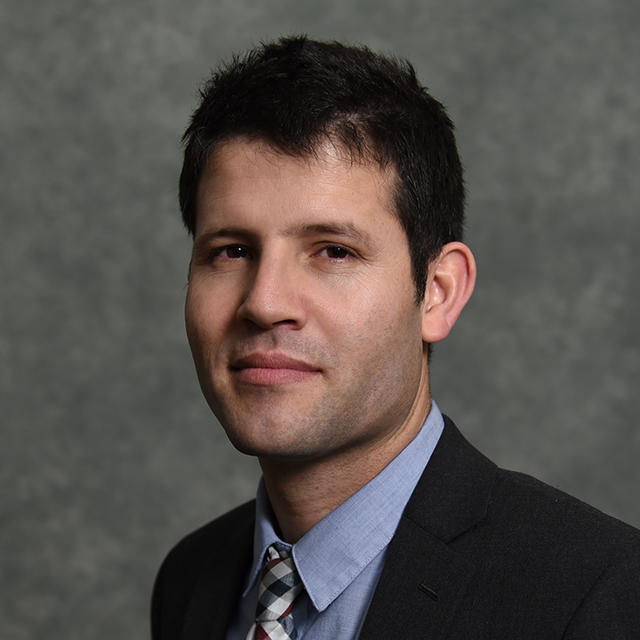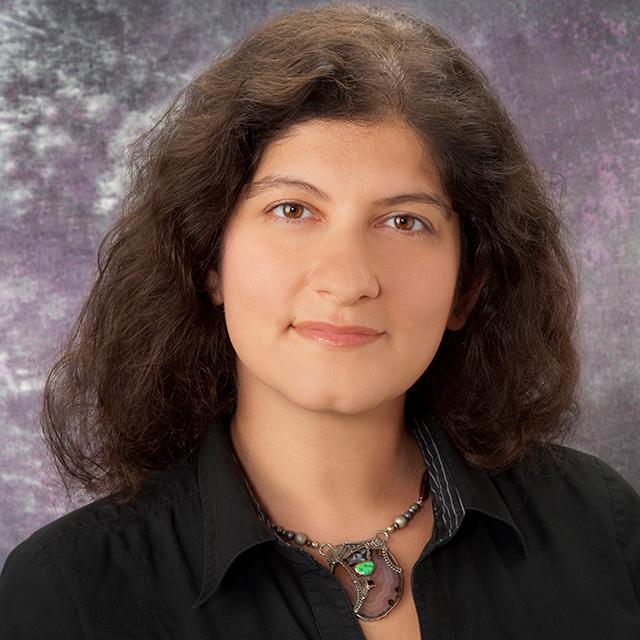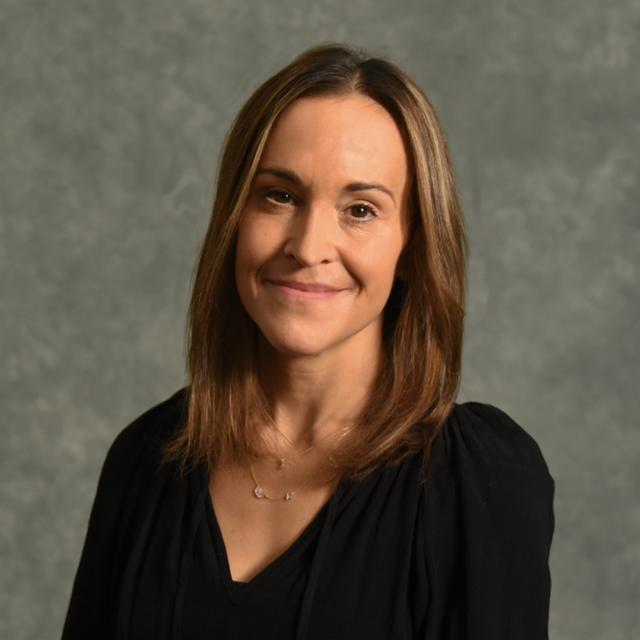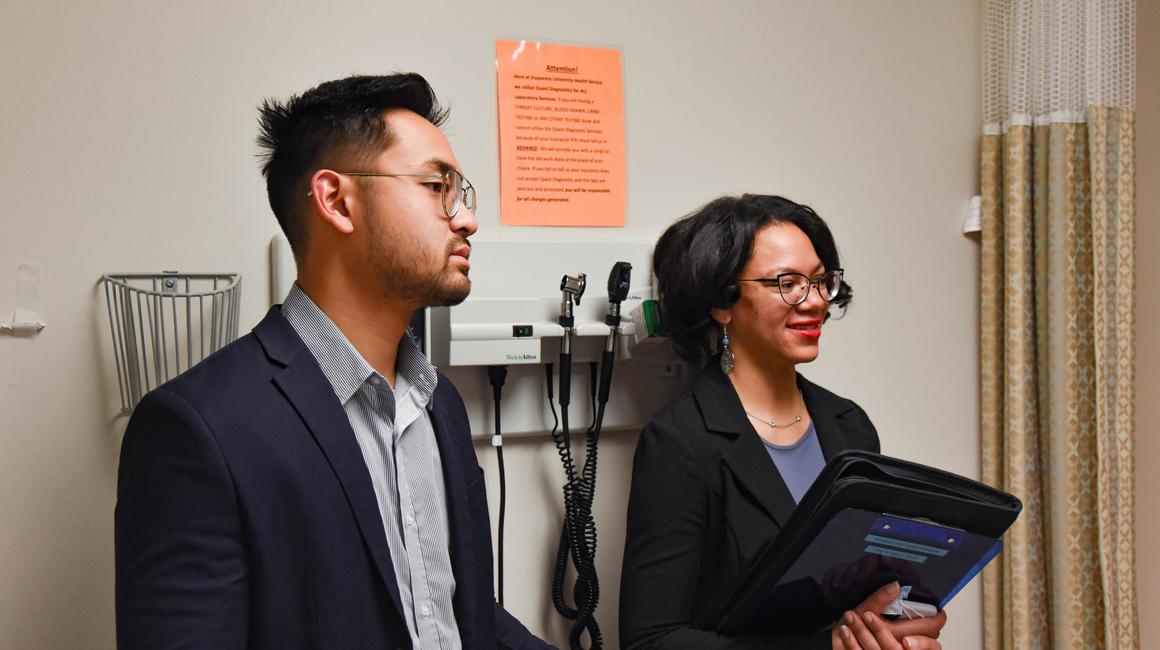Public Health
Earn an in-demand degree in public health.
Public health promotes and protects the health of people and the communities where they live, learn, work and play. With a bachelor's degree in public health, graduates can make an impact on public health locally and globally, conducting research, educating, and coordinating resources to prevent the spread of diseases.
Using real-world cases (such as those related to recent COVID-19 pandemic), field work and practicum, students in Duquesne's public health program learn what it takes to improve health care globally.
Duquesne's Public Health program follows the Accreditation Criteria for Standalone Baccalaureate Programs in Public Health adopted by the Council on Education for Public Health in 2016.
Program Information
The Duquesne University Public Health program provides a comprehensive and interdisciplinary approach to addressing public health challenges. Through a combination of coursework, research, and practical experiences, students develop the knowledge and skills necessary to promote health, prevent disease, and improve the well-being of communities.
Program Type
Major
Degree
Bachelor's
Duration
4-year
Required Credit Hours
131
Modality
In-Person
For Destiny and Sarah, graduation didn't mean saying goodbye. After learning side
by side at Duquesne, the two friends are continuing their journey together at Johns
Hopkins University's Bloomberg School of Public Health, where they'll pursue master's
degrees and carry forward their shared passion for health equity.Side by Side: Public Health grads taking next step together
Learning Outcomes
Along with a scientific background, it is essential that future physicians and other
health professionals also understand Public Health and the humanistic perspective
of health care. Learn how we provide undergraduate students with the necessary academic
preparation and a unique and clinically-relevant education that embodies this conceptCurriculum
*Students must complete at least one 1.5 credit Fieldwork experience; a 3-credit Fieldwork
experience is recommended.
Public Health Electives must be approved by the Public Health Student Success Coach
or the Program Director.
*Students must complete at least one 1.5 credit Fieldwork experience; a 3-credit Fieldwork
experience is recommended.
Public Health Electives must be approved by the Public Health Student Success Coach
or the Program Director.
Interested in becoming a Physician or Medical Professional?
Find your fit connecting science and service.
Want to study infectious and chronic diseases, environmental health and general epidemiology? Look at our Bachelor of Science degree, an interdisciplinary program that focuses on the scientific dimensions of health. While this degree can be used to start a career, it can also serve as a steppingstone to medical schools, pharmacy schools, and other health related professional programs.
If social, behavioral and community health aspects of public health, program planning, development, and assessment are more in line with your interests, explore our Bachelor of Arts degree.
Public health covers a broad range of disciplines and issues, including such topics as environmental pollution, access to health insurance, behavioral health, substance abuse, spread of infectious disease, bioterrorism, and obesity. The minor can serve as a precursor to further study in public health, other health professions, or any fields in which the health of persons and populations is a relevant concern.
Faculty and Staff
Health Administration and Public Health
Career Options
Become a Preceptor/Clinical Instructor
A clinical preceptor is an experienced healthcare professional who trains students in a real-world clinical setting. They act as mentors, role models, and supervisors, providing hands-on instruction and feedback to help students develop the skills and knowledge they need for their chosen healthcare field.
Contact Us
We would love to hear from you!
Jennifer Lasch, B.S.












